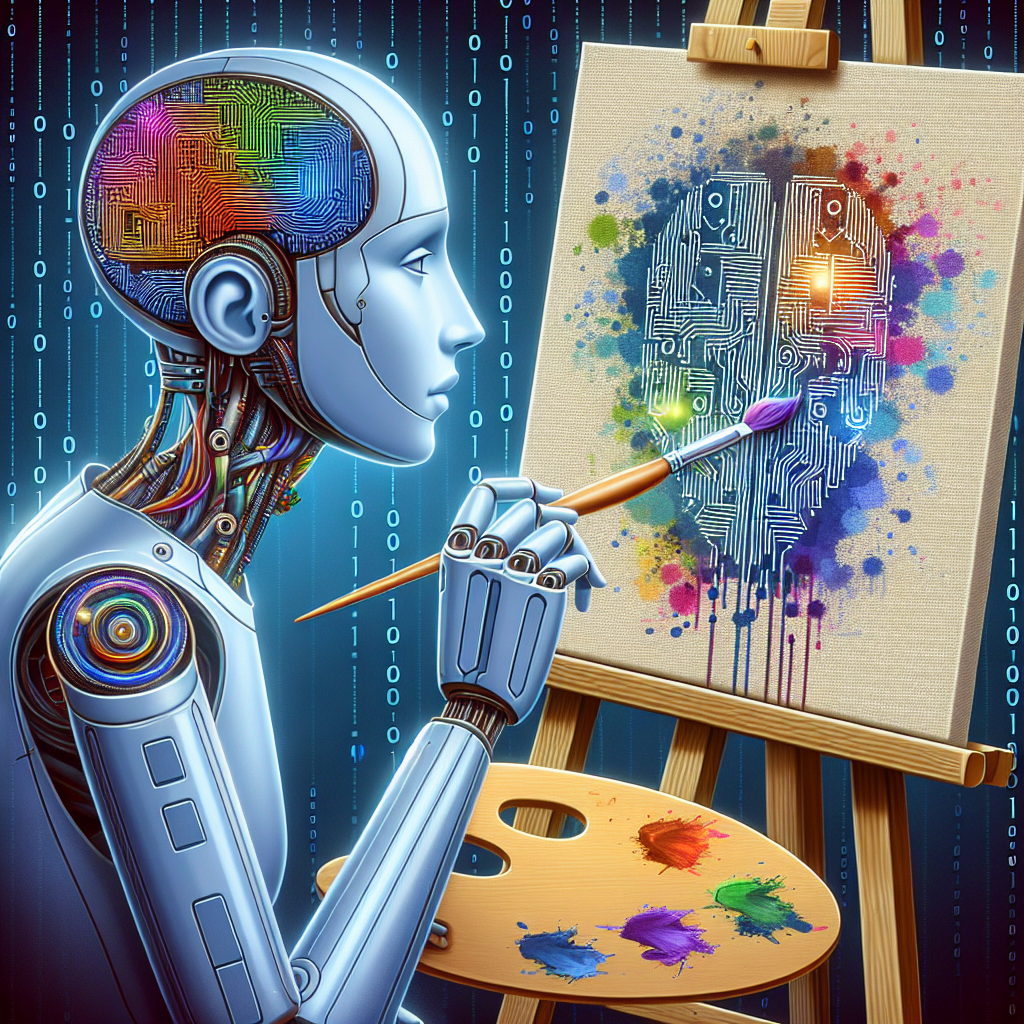Your cart is currently empty!
Artificial Intelligence: The Future of Artistic Expression

Artificial Intelligence: The Future of Artistic Expression
In recent years, the field of artificial intelligence (AI) has made significant advancements in various industries, including art and creative expression. AI has the potential to revolutionize the way we create, consume, and appreciate art. From generating music and poetry to creating unique visual artworks, AI is pushing the boundaries of what is possible in the realm of artistic expression.
One of the most prominent uses of AI in art is in the creation of music. AI-powered algorithms can analyze vast amounts of music data, learn patterns, and generate new compositions. Companies like Amper Music and Jukedeck have developed AI platforms that can produce original music tracks tailored to specific moods, genres, and styles. These AI-generated compositions can be used in films, advertisements, and even live performances.
Similarly, AI is also being used to create poetry and literature. Projects like Botnik Studios have developed algorithms that can generate poems, stories, and even entire novels. By analyzing vast amounts of text data, AI can mimic the style and tone of famous authors, creating new works that are indistinguishable from human-written content.
In the visual arts, AI is being used to create stunning artworks that challenge traditional notions of creativity. Artists like Mario Klingemann and Robbie Barrat have used AI algorithms to generate unique and intricate visual pieces that blur the line between human and machine creativity. These AI-generated artworks often combine elements of surrealism, abstraction, and realism, creating a new aesthetic that is both captivating and thought-provoking.
AI is also changing the way we interact with art and culture. Museums and galleries are using AI-powered tools to analyze visitor data, personalize experiences, and recommend artworks based on individual preferences. Virtual reality (VR) and augmented reality (AR) technologies are also being integrated with AI to create immersive art installations and interactive experiences that engage and inspire audiences in new ways.
While AI has the potential to revolutionize the world of art and creative expression, it also raises important questions about the role of technology in shaping our cultural heritage. Critics argue that AI-generated art lacks the emotional depth and human touch that is essential to true artistic expression. They also raise concerns about the ethical implications of using AI to replace human artists and creators.
Despite these challenges, AI is undoubtedly shaping the future of artistic expression in profound ways. By harnessing the power of machine learning, data analysis, and computational creativity, AI is expanding the possibilities of what art can be and challenging us to rethink our definitions of creativity and innovation. As we continue to explore the intersection of technology and art, we can look forward to a future where AI and human creativity coexist, collaborate, and inspire each other to push the boundaries of what is possible in the world of art.

Leave a Reply